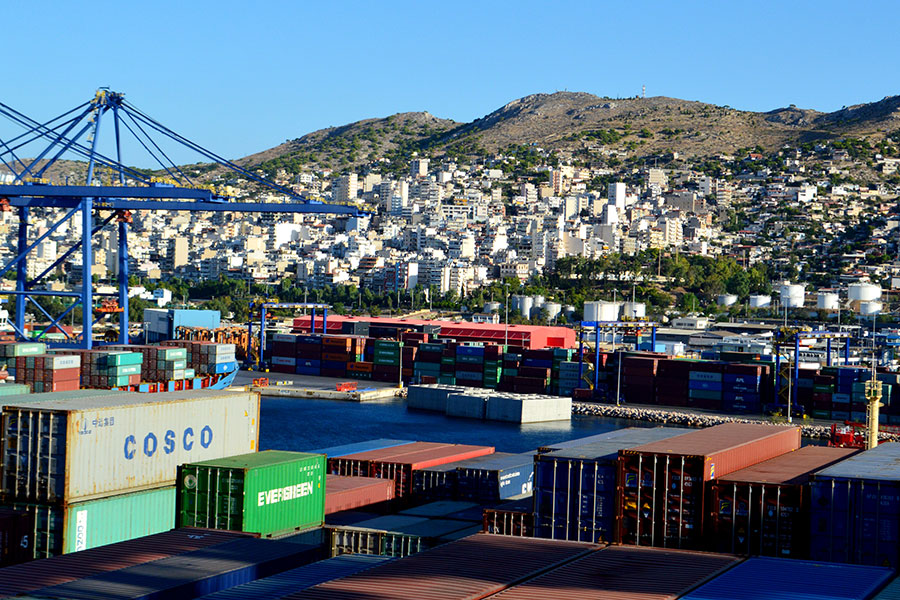ASEM urges multilateral cooperation


Leaders say Asia, Europe share common ground on free trade
Leaders from Asia and Europe agreed in Brussels on Friday to join forces on multilateralism while boosting trade and investment between the two continents.
The pledge came at the end of the 12th summit of the Asia-Europe Meeting, or ASEM, a two-day event that brought together 53 heads of state or government of European and Asian countries-and representatives of the European Union and the secretary-general of the Association of Southeast Asian Nations.
Meeting under the slogan, "Europe and Asia: Global partners for global challenges", the leaders said they expected the ASEM meeting to send a positive signal to the world in the face of rising protectionism.
Former Finnish prime minister Alexander Stubb, who last week launched his campaign for the European Commission presidency, said the EU has a major role to play against protectionism, adding that the ASEM is a good platform for leaders to demonstrate their united commitment. "The US wants to build 'walls' to protect. But I believe in multilateralism and free trade," Stubb said.
European Parliament Vice-President Pavel Telicka said the key objective-openness-could be achieved through multilateral cooperation.
"We have opportunities with Asia, because the policy of Washington has changed-there is much more protectionism. Of course, now we are focusing more and more on Asia than we had in the past," Telicka said.
Another highlight of the agenda was the EU's new strategy for connecting Europe and Asia. "There is huge potential in trade and business, transport and digital connectivity in particular," Telicka said, urging the EU to strengthen all-round comprehensive collaboration with Asian countries to unleash the potential, especially with China, one of the biggest economies and most important global partners for the EU.
Business representatives welcomed the leaders' pledge, and urged the EU and China-the two main partners-to move quickly to rebuild confidence in the multilateral system.
"We are seeking solutions," said Markus Beyrer, director general of Business Europe. He pointed out that European businesses were very concerned about the negative influence of bilateral trade friction between the US and China, which has an indirect impact on other partners and the world economy.
Pierre Gattaz, president of Business Europe, the business confederation representing 39 national industry and employers' organizations, emphasized that promoting trade is the key to economic growth. "Countries need growth. Businesses need growth. Growth means no protectionism. We must reinforce multilateralism on trade," he said.
Christoph Leitl, president of Eurochambres, the Association of European Chambers of Commerce and Industry, said the ASEM will help strengthen business confidence about the future of global trade.
He said the EU and China's joint efforts to stand against protectionism and to promote connectivity will have a significant global influence.
ASEM is the informal platform for dialogue and cooperation between Asia and Europe. All partners together represent 55 percent of the global trade, 60 percent of the global population, 65 percent of the global economy and 75 percent of global tourism.
Liu Jia in Brussels contributed to this story.
































